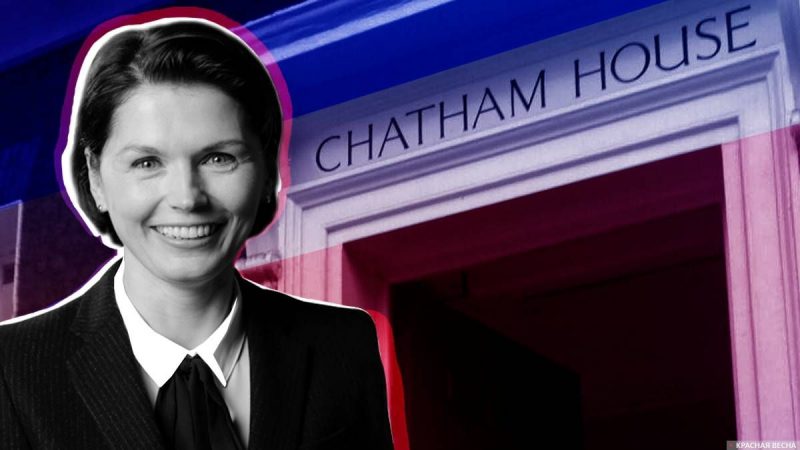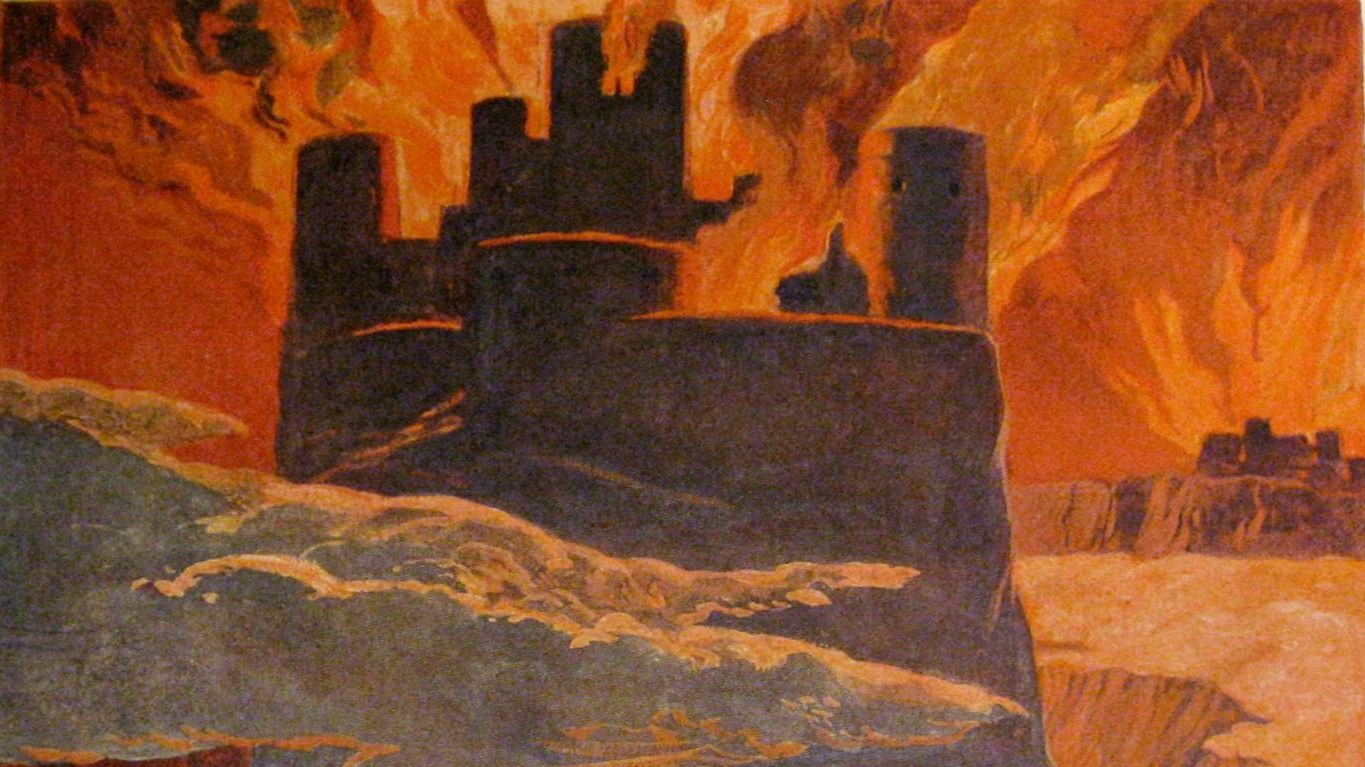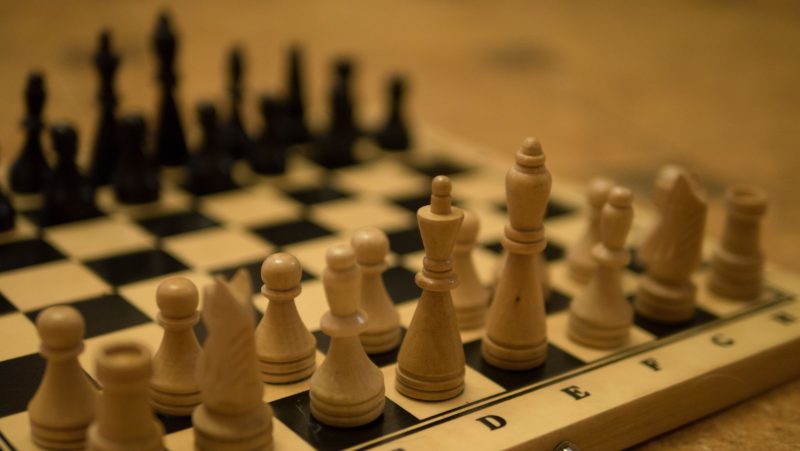07.10.2018, Warsaw.
The Annual OSCE Human Dimension meeting was held in Warsaw September 10-21. Around 1,800 government representatives, human rights activists, and experts attended this meeting. Rossa Primavera News Agency’s German correspondent Tony Siewert, who took part in the meeting, met with Orysia Lutsevych, the manager of Ukrainian forum at Chatham House, to discuss civil society issues in Russia and Europe.
Corr.: So, hello! My name is Tony. Maybe you can just present yourself first and (then) we can start the question.
Orysia: Okay. My name is Orysia Lutsevych. I work as a manager in Ukraine program Chatham House in London.
Corr.: Okay, very nice. We have (the) session today called … maybe you can talk a little bit of the name of the session.
Orysia: Yes. The session was about how to build resilience of civil society in the view of Russian threat in the region. We looked at Ukraine and Belarus.
Corr.: Okay, yeah exactly. And you told about how the civil society in Ukraine and Belarus can develop resilience against corrosive influence? What can you recommend for Russian civil society to offset the negative influence in the world?
Orysia: Well. I think one of the lessons we can learn from Ukraine and other countries … for Russian civil society is to make sure that they connect citizens. Because a lot of organizations that supported by western donors often are disconnected from wider public and it actually weakens the mandate of the organizations. So, what would be great is to ensure that the programs and the work and services are really in line with the needs of some of the populations in Russia. And what is very important is to communicate to … in a simple words about the work … because I think the post totalitarian in general… citizens don’t understand the function of civil society. Either they think it’s something from the West. Because in those time there was no privacy, there was no freewill for organization of citizens. So, connect to citizens and better explain what you do; make sure…don’t take it for granted that people understand the work of civil society. And develop your base… I think… I mean Russian economy is not doing so bad but it still… it still probably like a middle income country in many ways and citizens can’t donate funding of civil society. And if you diversify your funding then you become stronger.
Corr.: Okay. That’s great! Our press agency tries to build a community exactly how you say. We don’t use money at all. We’re just using volunteering work. And what do you think (what is the) main issue for the Russian state, like a main problem. Why it so disconnected …. What is the main problem that the Russian government faces right now. Why is it so as you said “corrosive” to the influence in Ukraine or Belarus? What is the main issue from the state side. What is your opinion on it?
Orysia: It’s interesting. You know I’m an external observer to Russian society but what I can see is that Russian leadership wants to take the country to the past and not to the future. And the imagination of what the neighborhood is former Soviet… space… Russia don’t want to let go of the influence… over these independent states. And why… you know… is that the case… because the Russia is the big rich country – natural resources and people. I think it’s the question of the kleptocracy that… kind of establishing Russia after the collapse of Soviet Union where the very rich resources of the Soviet economy were privatized for a small group of individuals, who basically would like to preserve control over Russia, over neighboring states to continue exerting funds that they then invest in bank accounts and in a property abroad. So, this creates a system whether no redistribution and no development in Russia (if) you look at the demographics (and if) you look at the economy that is built on oil and gas and you (can) see the infrastructure that is falling apart the mostly the education and investment in human resources is not taking place. And that so Russia is losing the economic competition with the West and the global economy.
Corr.: What do you think could be the future of Russia… so if it’s not backwards oriented as you said or what could be the future possibilities for Russian society?
Orysia: You want me to offer a Russian dream? (laughs) It’s a good question!
Corr.: Maybe not offering but… I’m actually from Germany. And Germany has very difficult past. It is big challenge to understand what’re the issues historically are and how to move forward from this. So Russia has also difficult relationships with its history. What the possible future can be for the Russian government?
Orysia: It’s very difficult question because I have thought so much about it.
Corr.: But is just kind of interesting.
Orysia: You know I think that could be a great story that Russian leadership could inspire its people. It’s not about war in Syria or annexation of Crimea. It’s actually about the breakthrough in technology it’s about engineering, and about… you know… it’s about lifting Russia from economic decline. And I think that would be all want a prospered Russia that is democratically governed. Because it would be more peacefully neighbor to Ukraine and to Belarus, and Moldova. And Russia has them. Even in the past legacy… so to say… you have different stories. You have a totalitarian story but you also have story of the conquest of space… different things. And I think if you build your story on more human and humanity… and I think Russia has to come in terms with its diversity because right now we see arising Russian nationalism. But Russia is federal state. It has lots of nationalities in it. I don’t think it knows how to live with this diversity. It’s not easy I mean there are some problems in Ukraine. It’s not so easy to integrate all minorities. But this diversity can build creativity. And I think an amazing achievement if Russia manages. But it’s only possible in an open system. Not such closed suppressive system.
Corr.: Okay. All this is very interesting. But the last question. Obviously, because I’m from Germany and I have ties to Russia as well. So. Do you think this corrosive influence is coming from Germany or maybe from other states of Europe as well.
Orysia: Into Russia?
Corr.: Oh. Not necessary into Russia. (Maybe) to Ukraine or Belarus as well. So maybe this countries need to develop resilience against as well. Like, the rise of right-nationalism in Germany is a big topic right now. So maybe there is also some kind that which the other countries also need to develop resilience against. I’m not sure.
Orysia: Each society if it is free society allows for different expression. But there has to be rules about what is acceptable in the public space and what is not acceptable. I don’t think that extremists, hate speech, any radical expressions and threats to the other should be acceptable. There’re some instances like that in Ukraine, for example, I’m not denying. But it’s not overarching trend. Now if you ask me about the Western influence in the region, there is an influence. But there is a difference in a way of… the goals of some reform-minded people in the West are aligned, where the West is viewed as a source of the rule of law and it’s viewed as a civilization of breakthrough from totalitarian past. So, a lot of civil society and citizens… for example supporting integration with the West. If you look to Ukraine right now almost 57-60% support western and European integration. So this influence is actually supported by the population. If you look at how many support the union with Russia it’s probably 12%. I don’t know, it’s much less. So that is the difference between soft power… so to say. I think the West still has a lot of attraction because of its economy because of its freedom of travel. If you look how many Ukrainians now travel to Europe because of the visa free regime. They show the preferences by the feet.
Tony: Thank you very much. It was very interesting and a different perspective.
Source: Rossa Primavera News Agency
Tony Siewert is a member of the Essence of Time movement and a journalist from the Rossa Primavera News Agency.
Source (for copy): https://eu.eot.su/2018/10/08/russia-a-view-from-an-open-society-interview-with-chatham-house-expert/




